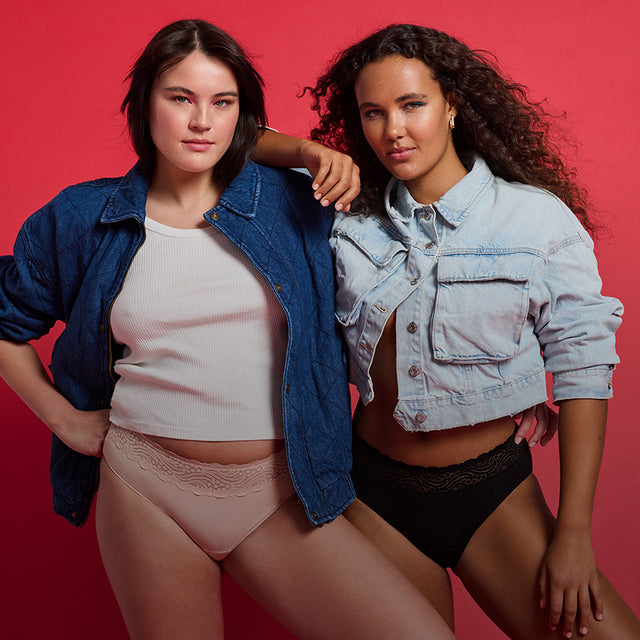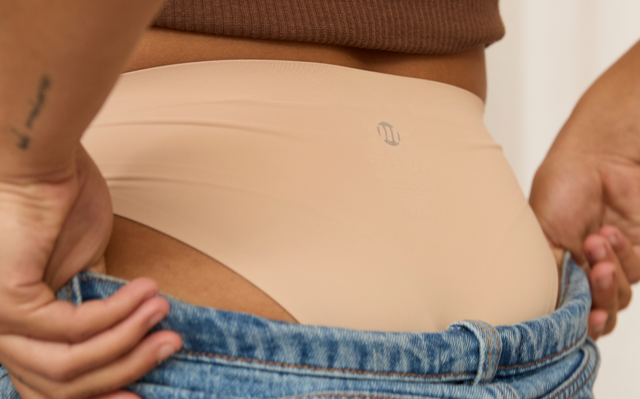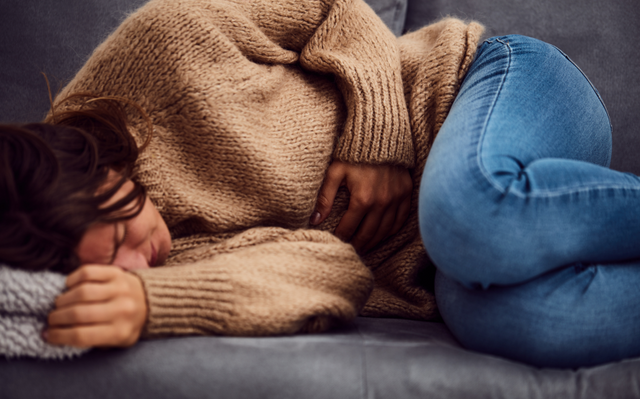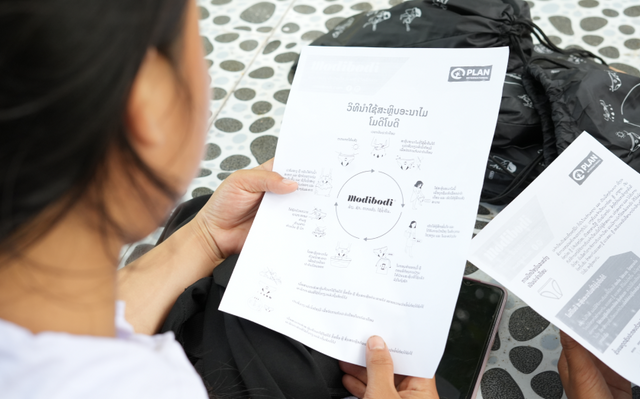Homelessness can often feel like a foreign and distant concept. In reality, it can happen to any of us. Whether it’s losing a job, experiencing poor health, or being a victim of the housing crisis, many people are one twist of bad luck from becoming homeless.
But have you ever stopped to think about what happens when women and menstrating people who experience homelessness get their period? Having your period can be uncomfortable at the best of times, but this is amplified tenfold when experiencing homelessness. It can be difficult to access basic necessities, including period care products.
Enter, the Modibodi X The Good Box partnership.
So, what is The Good Box? It’s an incredible charity organisation that provides boxes filled with essential items to people experiencing homelessness. This year, Modibodi has teamed up with the team at The Good Box by donating period underwear to include in Good Boxes.
“Experiencing homelessness can be a scary time for many,” explains Gali Blacher, CEO of The Good Box.
“When one has to worry about all of life’s necessities, from safety, to warmth, to food, it’s easy to forget about periods. What does a woman experiencing homelessness, who cannot afford period products, do during their time of the month? Periods don’t have an off-switch or a pause button.”
Together, Modibodi X The Good Box are helping provide dignity and comfort for those in need. Our innovative period underwear is a great solution because they can be reused each month, instead of needing to buy new disposable products every period.
Thankfully, many people experiencing homelessness are in emergency or temporary accommodation, where they have access to washing machines and can easily wash reusable period underwear. If they don't have access to these facilities, then there are charitable mobile shower and laundry services available.
“It’s so important to constantly be thinking about the different ways we can help those in need. It is often the small things that we take for granted, like having access to hygiene products, that we forget about when assisting those experiencing homelessness,” says Gali Blacher.








